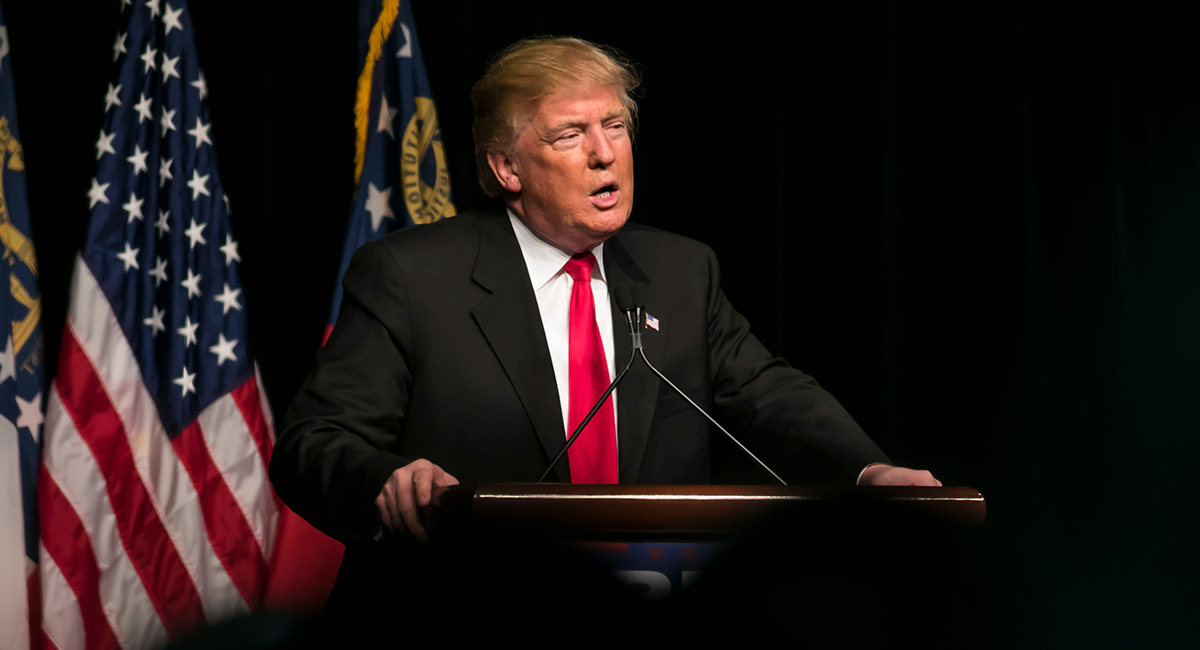President Trump might be reelected because of a silent majority’s resistance to hatred.
It was Caitlin Flanagan, writing in May 2017 in The Atlantic, who put us onto the irony of a victory through such resistance. The title of her piece said it all: “How Late-Night Comedy Fueled the Rise of Trump: Sneering Hosts Have Alienated Conservatives and Made Liberals Smug.” She observed that the public saw the comic mocking of the “deplorables” by “HBO, Comedy Central, TBS, ABC, CBS, and NBC. In other words, they see exactly what Donald Trump has taught them: that the entire media landscape loathes them, their values, their family, and their religion.”
In January 2019 Flanagan, again in The Atlantic, directed this same point at the New York Times: “You were partly responsible for the election of Trump because you are the most influential newspaper in the country, and you are not fair or impartial. Millions of Americans believe you hate them and that you will casually harm them. Two years ago, they fought back against you, and they won.”
Flanagan then added: “If Trump wins again, you will once again have played a small but important role in that victory.”
The poet T. S. Eliot once made a similar point about the casual harm that Flanagan cited: “Half the harm that is done in this world is due to people who want to feel important. They don’t mean to do harm—but the harm does not interest them. Or they do not see it, or they justify it because they are absorbed in the endless struggle to think well of themselves.”
When I moved to Oakland, California, recently to be near my daughter in my old age, I met a friend—a bright, learned, articulate liberal, who said he wanted to argue with me about politics. (I had worked in the Reagan administration.) After we argued a few times I could see that he could not defend his views without getting angry. His face would get red and his voice louder, and he would pound his finger on my chest, exclaiming, “How can you hold such a view?” I no longer argue with him because he can’t do so without getting mad. Anger and hatred against Trump is what we get from many quarters in society: the print media, TV, Hollywood, the music industry, university administrators and faculty, and many members of Congress.
The model for debate that I respect is John Stuart Mill’s in On Liberty: “He who knows only his own side of the case knows little of that.” Elsewhere Mill wrote: “If any opinion is compelled to silence, that opinion may, for aught we can certainly know, be true. To deny this is to assume our own infallibility.... Though the silenced opinion be an error, it may, and very commonly does, contain a portion of truth; and since the general or prevailing opinion on any subject is rarely or never the whole truth, it is only by the collision of adverse opinions that the remainder of the truth has any chance of being supplied.”
Today, that “collision of adverse opinions” is done not with argumentation but with hatred. When I worked in the Reagan administration, Republicans and Democrats disagreed, but not with the intense hatred shown today.
The silent majority might triumph on November 3.








